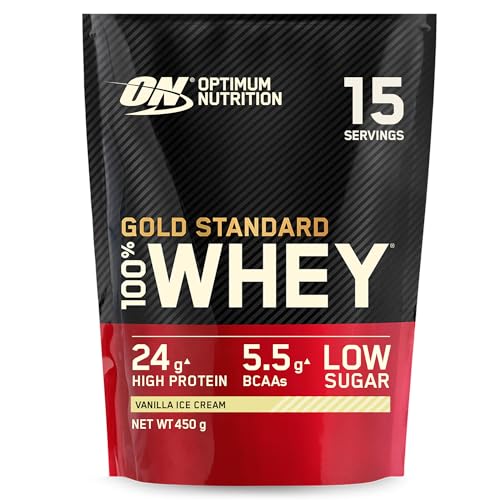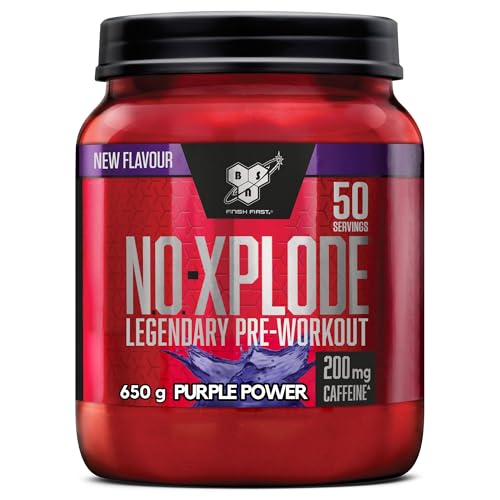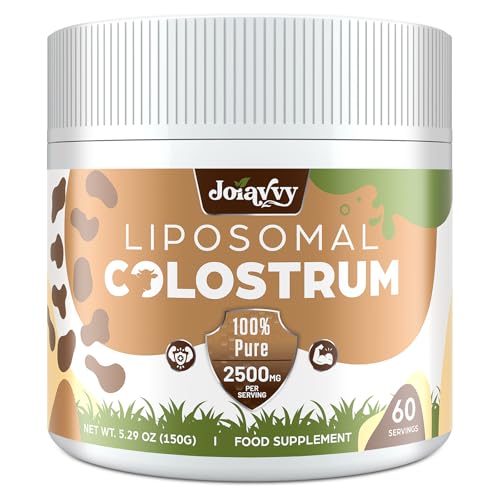Understanding Protein Powder: What Is It and How Does It Work?
What It Is
Protein powder is a dietary supplement made from extracted protein from animal or plant sources. When we consume protein powder, it is designed to quickly supply our body with amino acids, which are the building blocks of muscles. This is particularly beneficial after exercise, as it accelerates recovery and promotes muscle growth.
How It Works
When we ingest protein powder, it is absorbed into the bloodstream and helps repair muscle tissue that has been broken down during physical activity. This is crucial for anyone engaged in strength training or intense exercise. Protein also plays a role in various bodily functions, such as hormone production and immune responses, making it vital for overall health.
Types of Protein Powder: Which One Is Right for You?
Whey Protein
Whey protein is derived from milk and is one of the most popular types of protein powder. It’s quickly absorbed, making it ideal for use post-workout. If you’re looking for a fast-acting protein to help with immediate recovery, whey protein could be your best bet.
Casein Protein
Casein is another milk-derived protein, but it digests more slowly than whey. This makes it suitable for nighttime use, as it provides a steady release of amino acids while we sleep. If you’re looking to fuel your body for extended periods, consider casein.
Plant-Based Proteins
For those who prefer a vegan option, plant-based protein powders such as pea, hemp, or brown rice are excellent choices. They provide a comparable amount of protein but contain different amino acid profiles. If you’re lactose intolerant or following a plant-based diet, these options are excellent for meeting your protein needs.
Nutritional Benefits: How Protein Powder Supports Your Goals
Muscle Growth and Repair
Consuming protein powder can significantly boost muscle recovery and growth after workouts. It provides essential amino acids that support muscle repair, particularly if you’re engaged in regular exercise.
Weight Management
Protein powder can also aid in weight management. High protein intake helps keep us feeling full for longer, which can reduce overall calorie intake throughout the day. This makes it a useful addition to a weight loss plan.
Convenience and Efficiency
Using protein powder can simplify meeting our daily protein requirements, especially for those with busy lifestyles. Mixing protein powder with a beverage can be a quick and easy way to ensure we get the nutrients we need without extensive meal prep.
How to Choose the Best Protein Powder: Our Key Recommendations
Assessing Your Dietary Preferences
When selecting protein powder, consider your dietary preferences and restrictions. If you’re lactose intolerant, for example, plant-based protein powders would suit you better than whey. If quick results post-workout are your goal, whey protein is an excellent option.
Reading the Ingredients
Always check the ingredient list. We want to minimise added sugars and artificial flavours wherever possible. Opt for protein powders with fewer and more natural ingredients to ensure you’re getting a quality product.
Ensuring Nutritional Value
Look for protein powders that provide a good amount of protein per serving—ideally around 20-30 grams. Also, it’s helpful if the powder comes with additional vitamins and minerals, as this can enhance its overall nutritional profile.
Easy Ways to Incorporate Protein Powder into Your Daily Routine
Smoothies and Shakes
One of the easiest and tastiest ways to use protein powder is by blending it into smoothies or shakes. This not only adds protein but can also improve the flavour and texture of your drink. Adding fruits, vegetables, or nut butters with your protein powder provides a nutrient-dense meal.
Baking and Cooking
You can also incorporate protein powder into your food. Adding it to baking recipes like muffins or pancakes can enhance their nutritional value without compromising taste. It can also be mixed into oatmeal or yogurt for an extra protein boost.
Snacks and Meal Replacements
Consider using protein powder in snacks like energy balls or bars. This can be a great alternative to sugary snacks. If you’re busy, a protein shake can also serve as a meal replacement when combined with sources of carbohydrates and healthy fats.

















